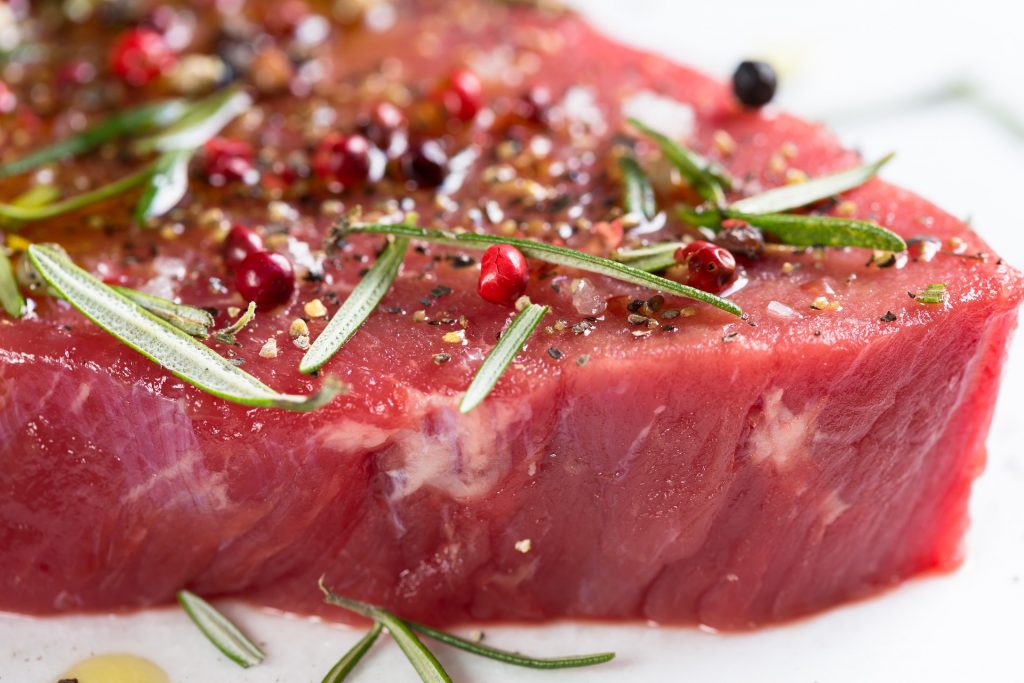AHDB responds to ‘Peak Meat’ by 2030
AHDB’s market intelligence experts have hit back at the latest call to cut down meat consumption in response to climate change, branding its thinking ‘flawed’.
 A group of 50 scientists from around the world penned a letter to academic journal Lancet Planetary Health urging global nations to “declare a timeframe for peak livestock” after which production would not increase.
A group of 50 scientists from around the world penned a letter to academic journal Lancet Planetary Health urging global nations to “declare a timeframe for peak livestock” after which production would not increase.
AHDB says their argument rests on the false premise that increased production means more animals, equating to increased carbon emissions.
The levy board argues that, in fact, genetic improvements and management efficiencies mean flock and herd numbers have not risen in direct proportion to production.
At UK level, production increased by 4% for meat, eggs and milk from 1990 to 2017. But in the same period, greenhouse gas emissions for these foodstuffs dropped by 20%.
Chris Gooderham, AHDB head of market specialists for livestock and dairy, said: “What this letter fails to recognise is production and animal numbers do not go hand in hand, so the argument is fundamentally flawed.
“Our industry has made huge strides over the past few decades to make efficiencies and produce more from less, making the UK one of the most sustainable places to produce livestock in the world, with carbon emissions well below the global average.
“Any cap on production would be a misguided and meaningless tactic for tackling climate change. Our farmers need support to further improve productivity and reduce their carbon footprint while continuing to produce vital, nourishing food for a growing population.”
“Any cap on production would be a misguided and meaningless tactic for tackling climate change”
Evidencing its recommendation, the letter cites global figures showing production of meat, milk and eggs has increased from 758 million tonnes in 1990 to 1,247 million tonnes in 2017 – a rise of 65%. But it fails to note that in the same time period, emissions from these products have risen by just 15% and in the meantime the global human population has increased by 42%.
In the UK, the number of cattle has dropped from more than 12 million in 1990 to just over 10 million in 2017, an 18% decrease. In the same period, production dropped by just 10%.
Total sheep numbers dropped by 48% over the 27-year timeframe but total production by just 19% Similarly, the pig herd reduced by 43% but production by just 5%, to just over 900,000 tonnes.

 Cranswick acquires premium outdoor pig farming business
Cranswick acquires premium outdoor pig farming business SAMW says time for the facts to enter meat production debate
SAMW says time for the facts to enter meat production debate
